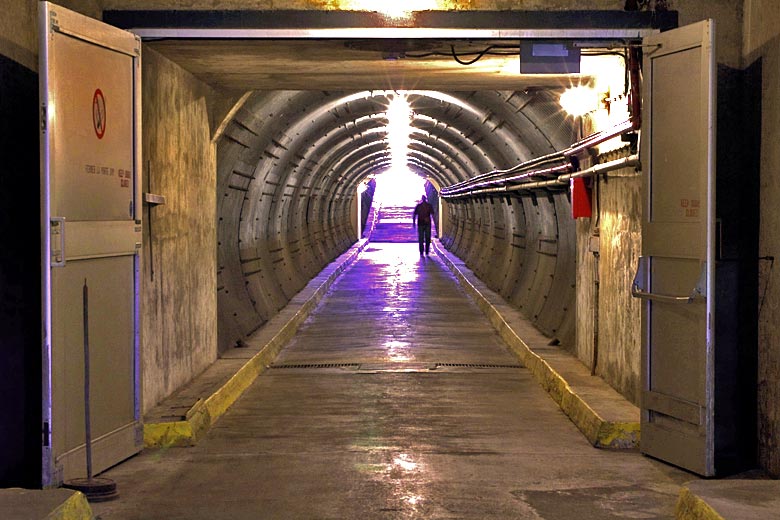
8 Reasons to Visit Ottawa, Canada
The Diefenbunker was commissioned by Prime Minister John Diefenbaker in 1959, as part of his government's reaction to escalating tensions in the Cold War. The purpose of the bunker was to house key members of the government and military in the event of a nuclear attack on Canada. The safety of its nuclear roof would allow the Canadian.
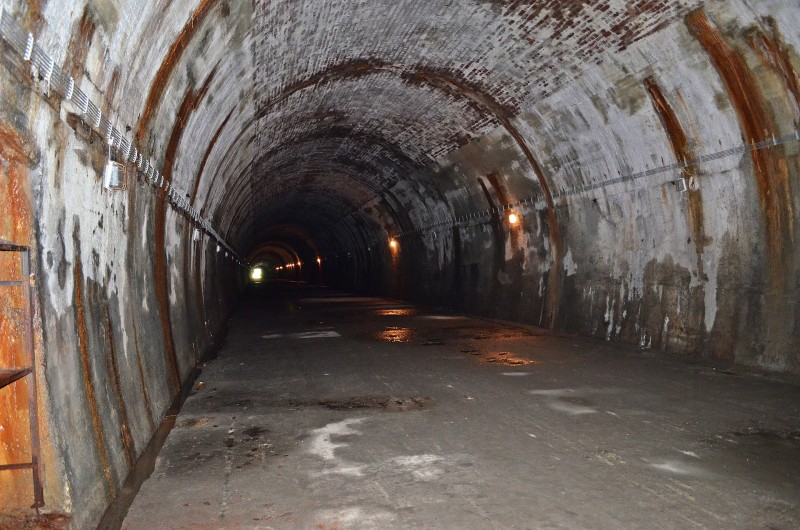
Top 10 Tourism Spots In Ottawa
1994. The Diefenbunker, formerly known by its military designation, Canadian Forces Station Carp (CFS Carp), is a large underground four-storey reinforced concrete bunker and nuclear fallout shelter located in the rural area of Carp, Ontario approximately 30 km (19 mi) west of downtown Ottawa. [1] Between 1957 and 1961, during the Cold War [2.
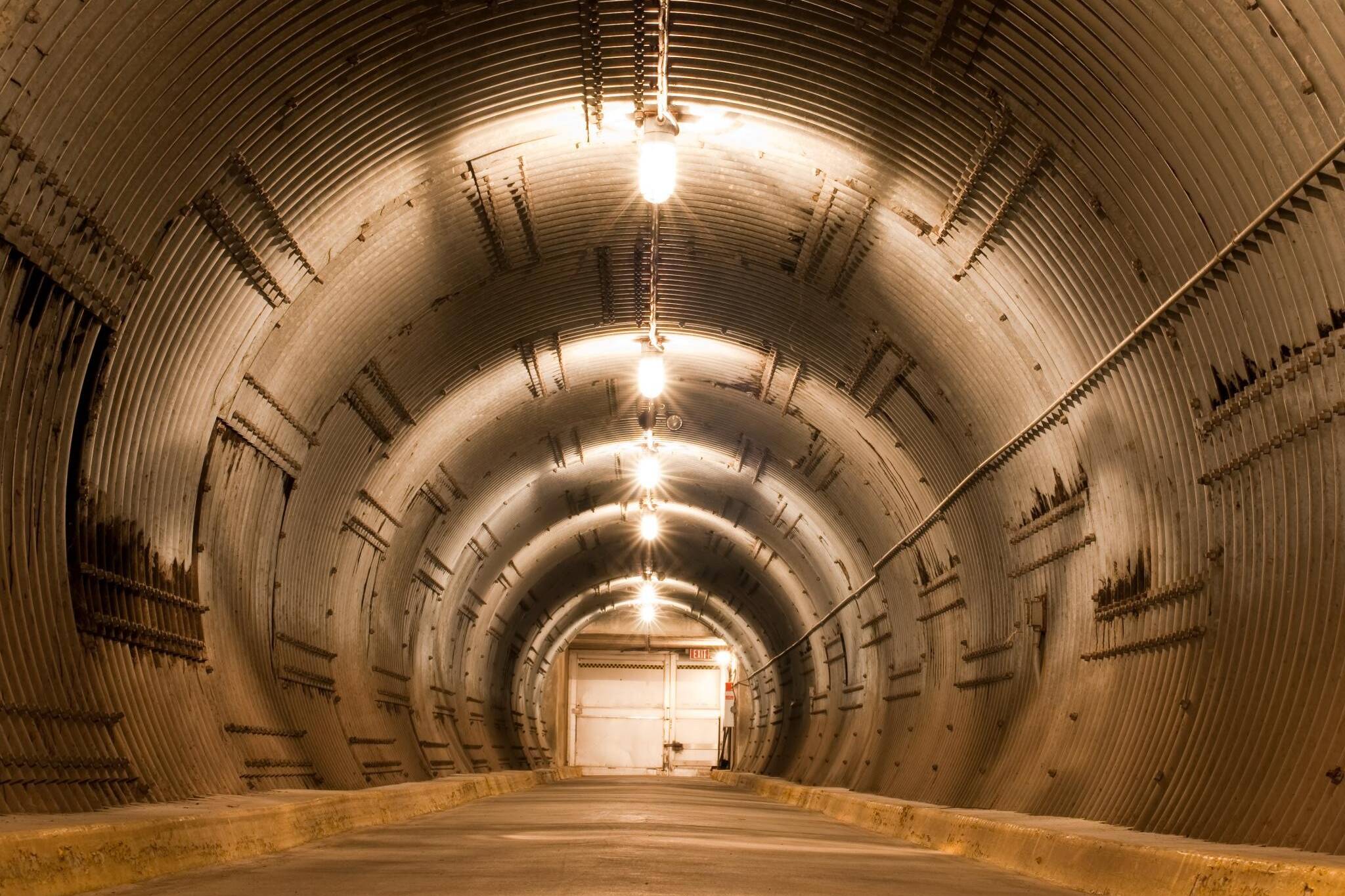
This underground bunker in Ontario is home to the world's largest
The 88-acre site, home of the former Central Emergency Government Headquarters — nicknamed "the Diefenbunker" in 1959 — was purchased from the federal government by the township, which.
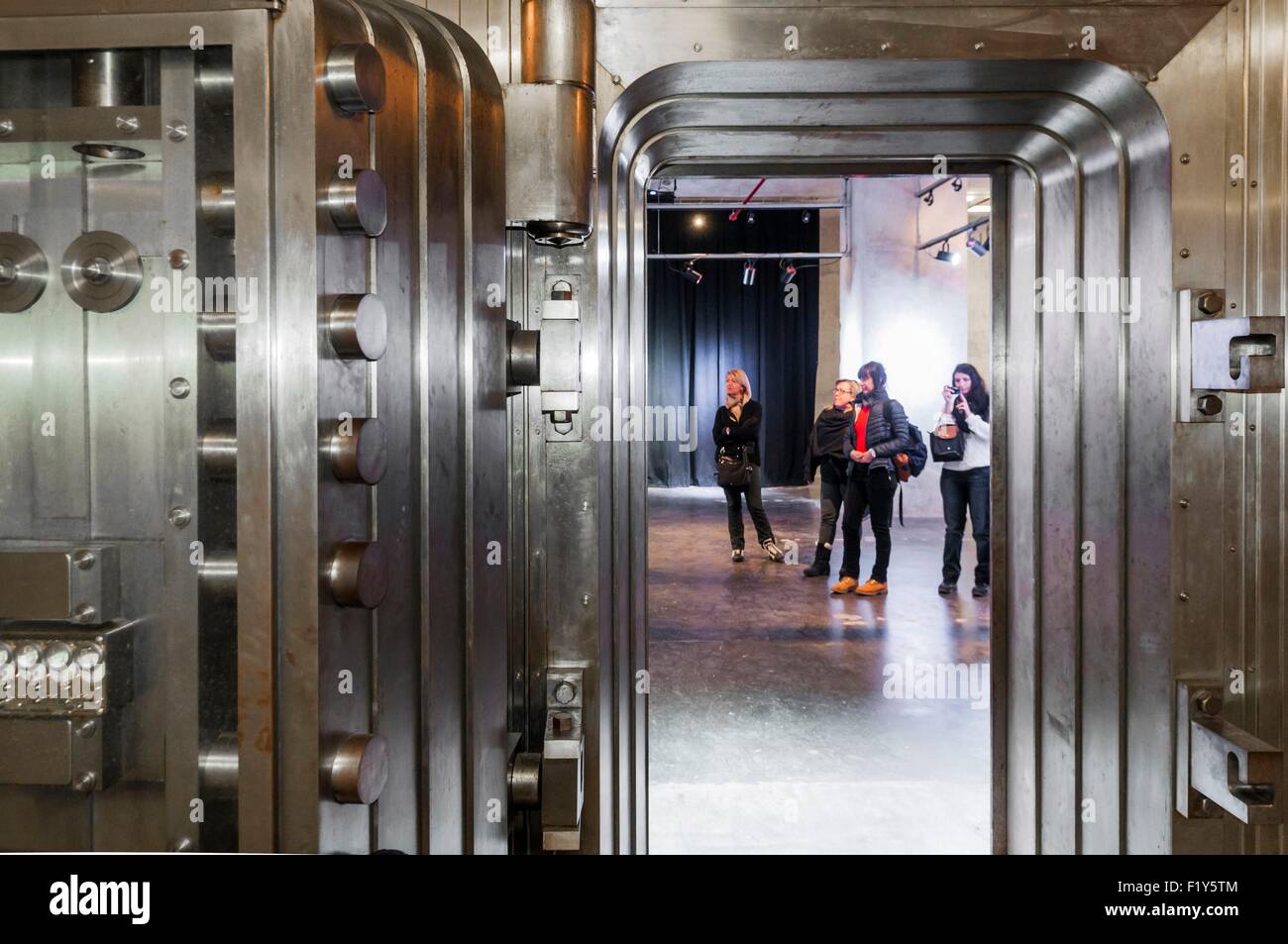
Canada, Ontario, Ottawa Gatineau region, Diefenbunker museum, old
Ottawa, Ontario, K0A 1L0 Canada 45.3517, -76.0446 View on Google Maps Book a hotel on Kayak . Visit Website . Nearby. Dr. James Naismith Statue. 11.40 miles. Pink Lake. 13.88 miles. Carbide.

Ottawa Has The World's Largest Escape Room That's Underground And You
The Diefenbunker is a massive four-storey underground bunker, built between 1959 and 1961. During the Cold War, top officials were to take shelter here in the event of a nuclear war. It was active as Canadian Forces Station Carp until 1994. Today, it operates as a not-for-profit, charitable museum with award-winning tours and programs. If you.
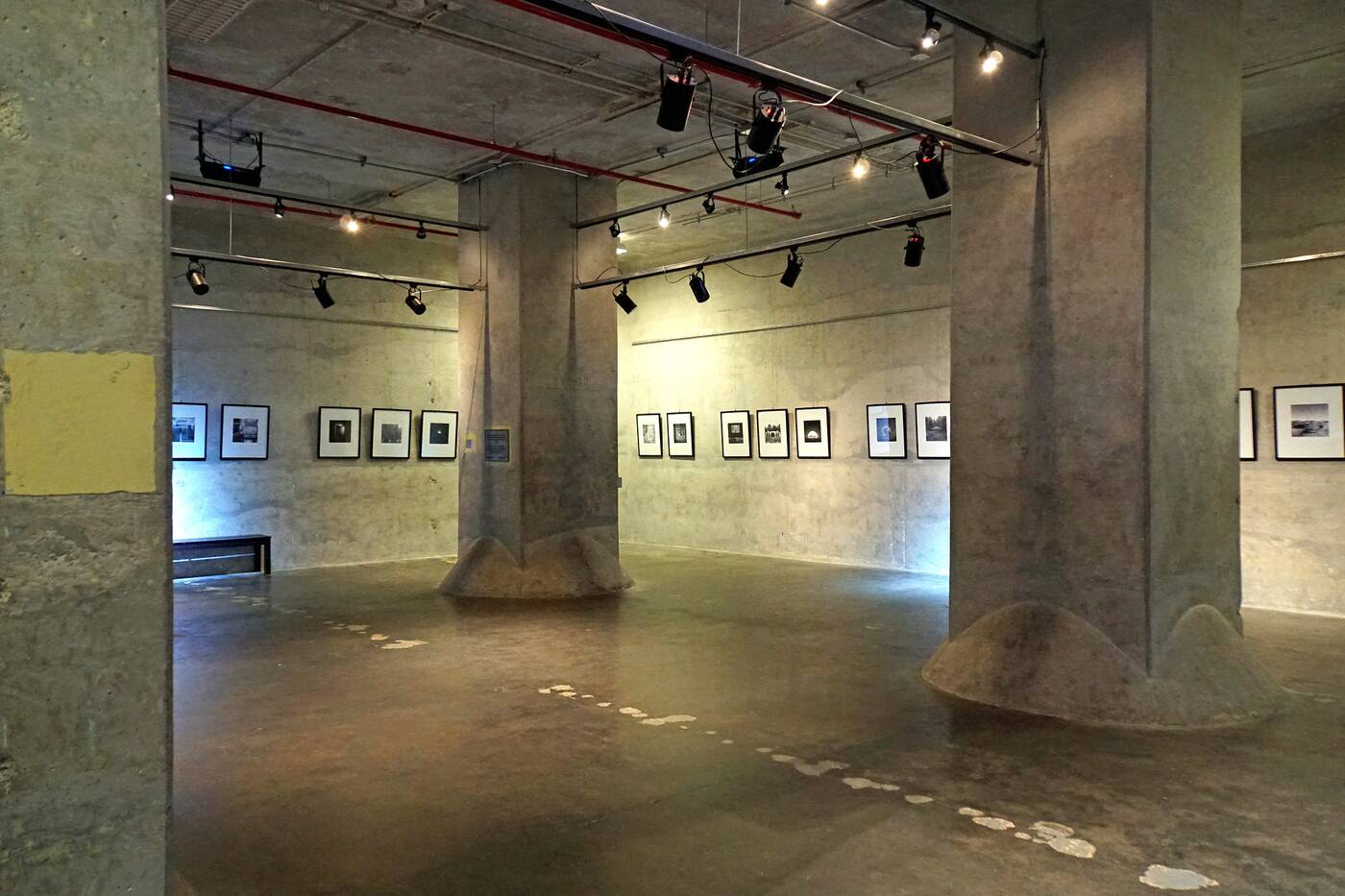
This underground bunker in Ontario is home to the world's largest
1 Since the dismantling of the Berlin Wall in 1989, there has been a growing interest in the history of the Cold War. The work of authors Sean Maloney and Paul Ozorak, among others, has drawn attention to the Canadian government's role in national and civil defence measures during this period.1 The "Diefenbunker" at Carp, west of Ottawa, now being restored and operated as a museum.

The "bunker" at Remic Rapids in Ottawa, Ontario The "bunke… Flickr
The Ottawa Diefenbunker was the safe haven, the underground shelter, to which Canada's political elite and key government figures would have been rushed if nuclear war was imminent from 1961 through until 1994. These 535 men and women were chosen because their jobs were designated essential to running the country and dealing with the.

Diefenbunker, Musée canadien de la Guerre froide Tourisme Ottawa
The Diefenbunker: Canada's Cold War Museum, a once-top secret, four-storey underground bunker, was originally designed as the centre for Canada's defence against nuclear attack during the Cold War. For 25 years, the Diefenbunker has operated as a one-of-a-kind museum, national historic site, and not-for-profit, charitable organization.

The Diefenbunker Museum Canada’s Largest Cold War Relic in 2020 Cold
Originally designed originally designed as the centre for Canada's defence against nuclear attack, this once-top secret, four-storey underground bunker is now a museum and national historic site. Explore over 100,000 sq ft of bunker secrets and relive the experience of the Cold War.

Diefenbunker, Canada's Cold War Museum YouTube
Ottawa, Ontario, K0A 1L0 Canada 45.3517, -76.0446 View on Google Maps Book a hotel on Kayak . Visit Website . Nearby. Dr. James Naismith Statue. 11.40 miles. Pink Lake. 13.88 miles. Carbide.
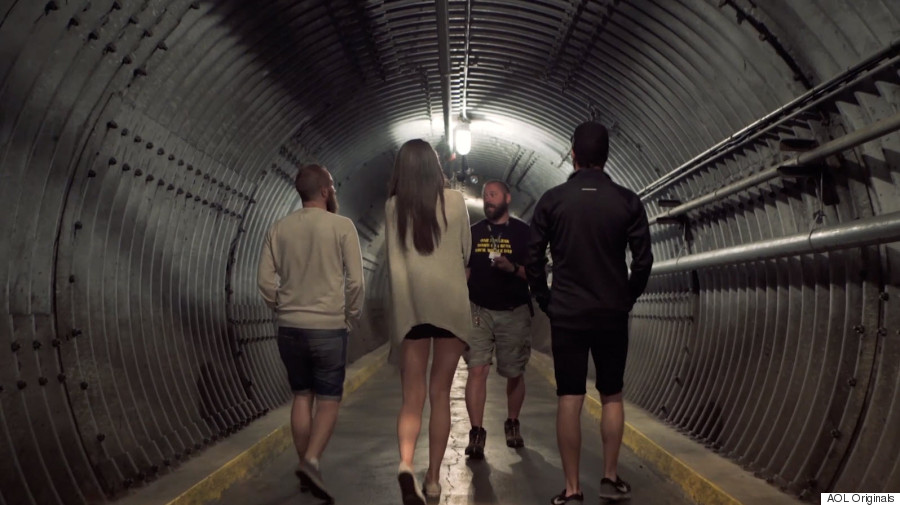
What To Do, See, And Eat In Ottawa During Your Next Visit To Canada's
Ottawa. The Diefenbunker wasn't obsolete. It was ahead of its time. Canada's government never needed to flee to the emergency headquarters as nuclear bombs fell from the sky. But the bunker.
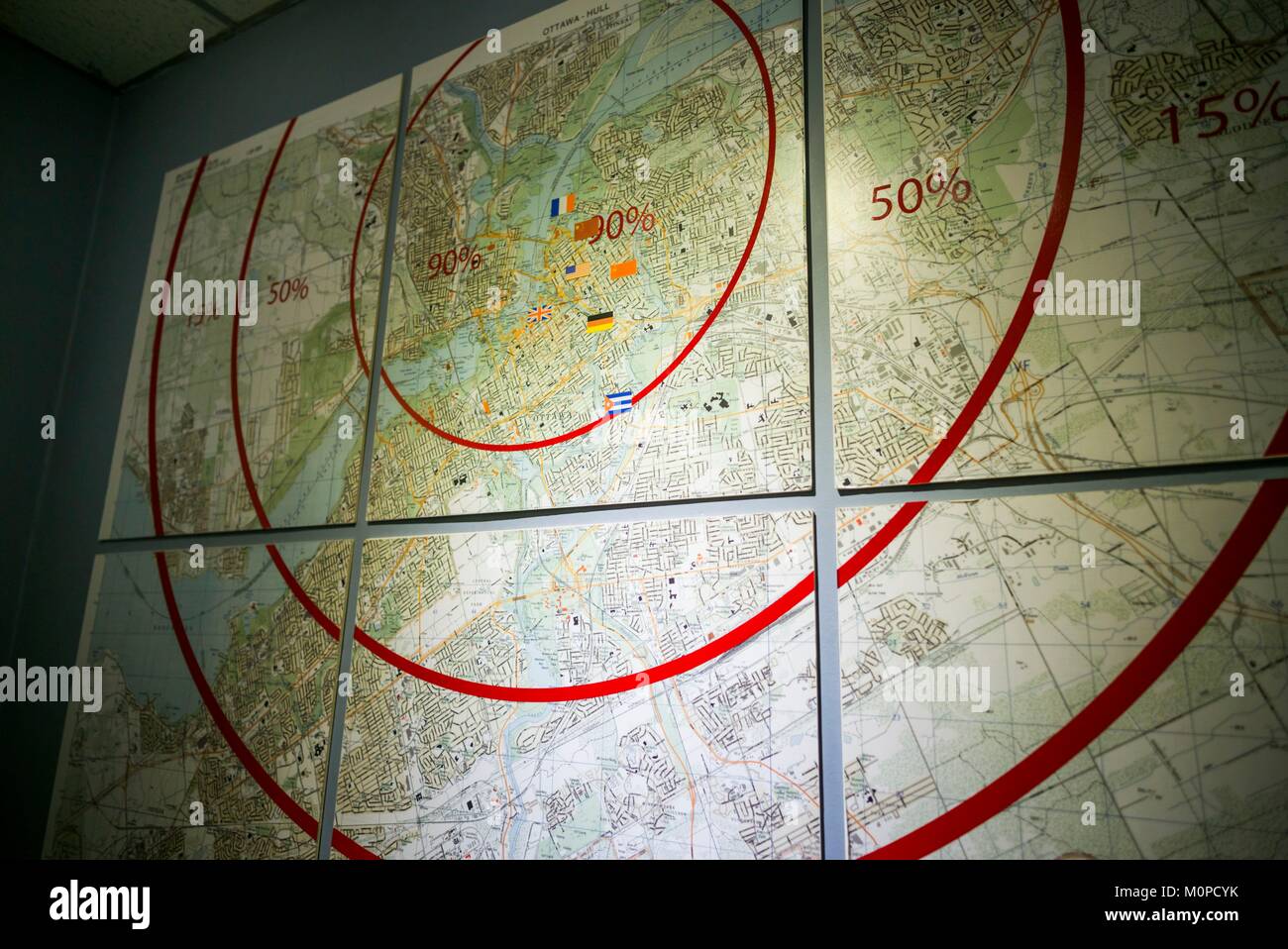
Canada,Ontario,Carp,The Diefenbunker,Canadian Cold War Museum in
The "Diefenbunker" is an underground bunker designed to withstand the force of a nuclear blast. It was built in Carp, Ontario, during a peak in Cold War tensions between 1959 and 1961, and named after then-Prime Minister John Diefenbaker. It is now the location of Canada's Cold War Museum. Entrance tunnel for the Diefenbunker.

This New Ottawa Escape Room Will Take You To The Deepest Depths Of An
The Diefenbunker: Canada's Cold War Museum reminds us that the world was once on the edge of nuclear war but chose peace instead. Experience its exhibitions, programs and events—including popular escape-room adventures—to get a chilling glimpse into Canada's past. Tour recreated government work spaces, living quarters and cryptographic.

Diefenbunker Nuclear Bunker Tour Ottawa Canada The Travel Trunk
The Diefenbunker: Canada's Cold War Museum is a once-top secret, four-storey underground bunker. Built between 1959 and 1961, the facility was originally designed as the centre for Canada's defence against nuclear attack. The Diefenbunker is Canada's most significant Cold War artifact, standing as a testament to the important role that.

Diefenbunker Canada's Cold War Museum Diefenbunker musée canadien
For those that aren't quite sure about the backstory, the Diefenbunker was Canada's response to possible nuclear war during the Cold War. In short, between 1959 and 1961, a four-level, 100,000 square foot underground bunker was built just outside of Ottawa. Actually, a number of bunkers exist across Canada - but this was the most important.

Nuclear Bunker in Canada Nuclear bunker, Underground bunker, Military
Originally designed sixty years ago as the centre for Canada's defence against nuclear attack, Canadian Forces Station Carp (CFS Carp) operated from 1961 to 1994. It was the site of some of Canada's most top-secret communications throughout the Cold War. Coined "the Diefenbunker" after John Diefenbaker, Prime Minister at the time of the.